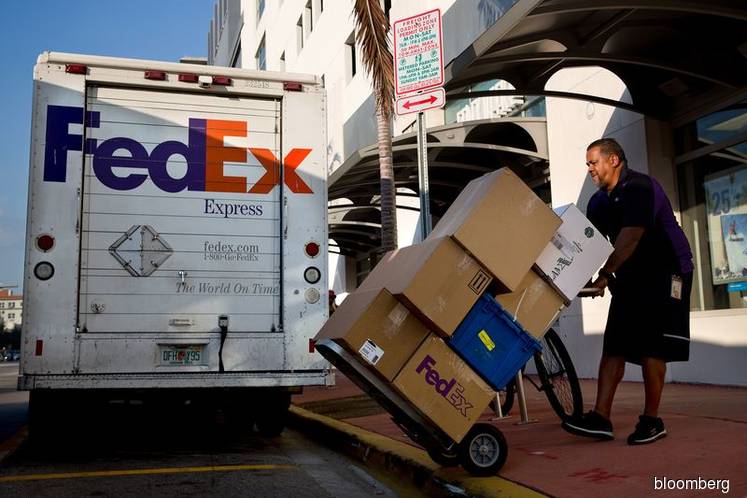


GEORGE TOWN (Jan 10): The world’s largest express transportation company, FedEx Express (FedEx), is planning to launch two new logistic facilities in Malaysia this year.
FedEx Express Malaysia managing director SC Chong said the new facilities would be launched this year to further bolster the company’s regional logistics network.
“We will continue our commitment to improve our footprint in Malaysia by introducing two more stations, namely in Seberang Perai, Penang and Johor this year,” he told reporters after the launch of the FedEx Penang Gateway facility by Penang Chief Minister Chow Kon Yeow here today.
Chong said FedEx had invested RM17.6 million for the recent upgrade and expansion of its Penang facility, which was the first of its kind in Malaysia to feature 100 per cent x-ray scanning of all outbound packages.
He said the Penang Gateway facility would be an integrated warehouse and sorting facility for both FedEx and TNT Express operations in the region, as well as serving as a major hub for Malaysia’s northern States and a key gateway for FedEx Asian and Trans-Asian flights.
“With the capacity to move up to 2,700 packages per hour, the newly upgraded facility will be serviced by two dedicated Boeing 767 freighters that are capable of next-business-day delivery flights to major cities globally,” he said.
Chong said the facility would also support the FedEx Asia road network, a unique and extensive road system spanning more than 7,000 kilometres and connecting all key markets in Southeast Asia and China, from Singapore to Guangzhou.
“With the inclusion of Penang, FedEx now has 12 stations across Malaysia located in Negeri Sembilan, Perak, Pahang, Johor, Sabah, Sarawak and Kuala Lumpur,” he said.
Commenting on the ongoing US-China trade war, Chong said Penang manufacturers had experienced an increase in trade activity in recent months despite concerns that the trade tensions might dampen growth.
“However, whether Malaysia can capitalise on that, depending on the readiness of manufacturers — they need to have more agile supply chains,” he added.
Source: The Edge Markets
Photo Credit: The Edge Markets
